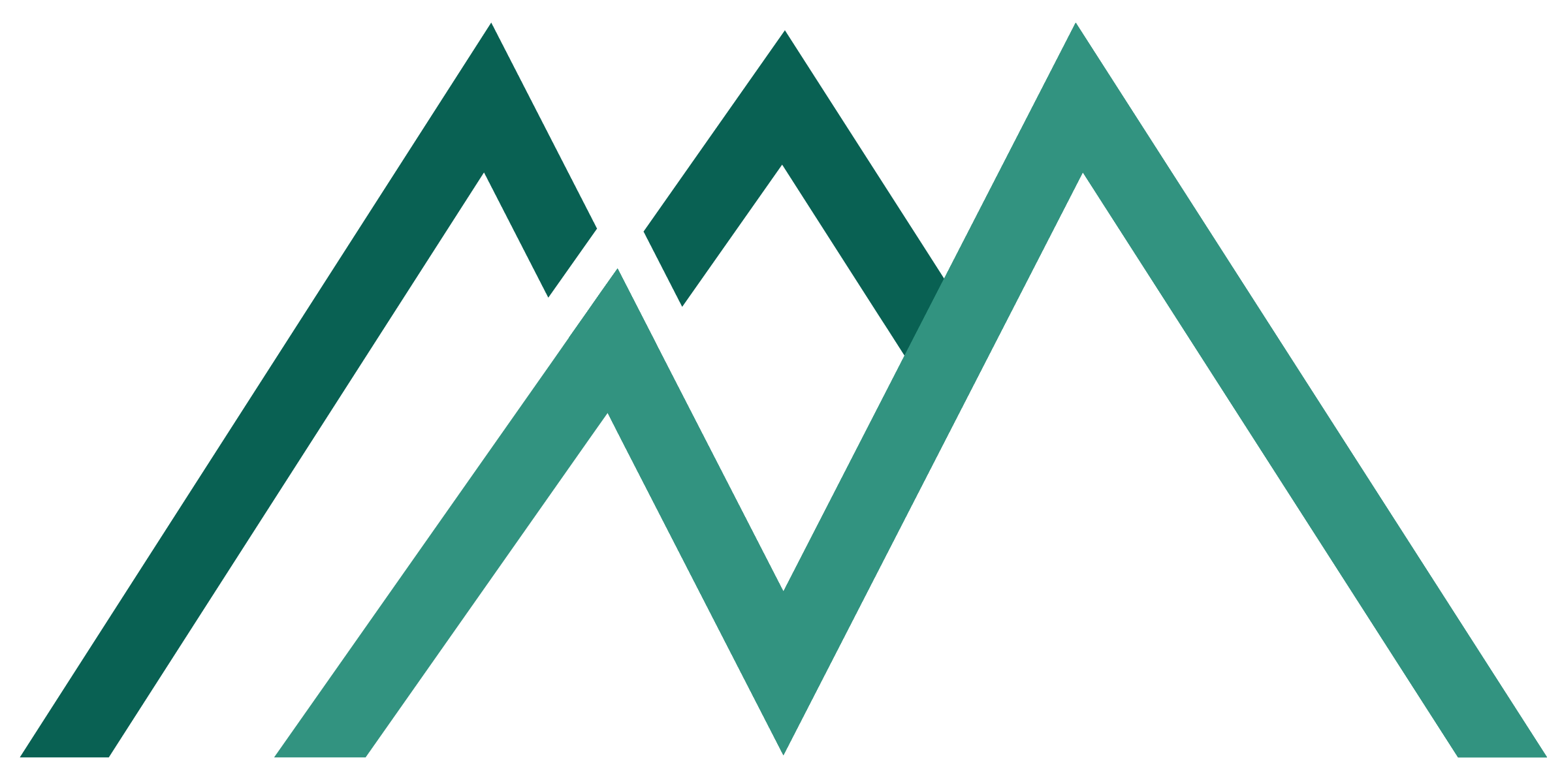
Whilst proudly practising minimalism for the better part of 7 years at this point, I myself have been a digital maximalist this entire time without even realising it. I have sold almost all of my possessions, more than once, yet my chaotic digital habits and overdependence on technology haven’t changed until only recently. Upon reflection, these old habits are normal to the outside observer. Normal, however, does not mean healthy. I hope this post will give you some insight into how your own digital habits may be harming you.
What Is Digital Maximalism?
This, I believe, is the default state of most internet users today – it is the opposite of digital minimalism. It is a philosophy and lifestyle that emphasizes the use of as many digital tools and technologies as possible. Proponents of digital maximalism believe that technology can enhance every aspect of life and that more technology is always better. This approach often involves using multiple devices and platforms simultaneously, being constantly connected to the internet and social media, and incorporating technology into as many aspects of life as possible.
What are the signs that you have an overdependence on technology?
- When it comes to technology, you prioritise convenience over all else
- You regularly find yourself thinking how little time you have, yet when asked, you can’t think of where all this time is going
- Your screen time is over an hour per day (excluding your job)
- Your social interactions are primarily over text or instant messages
- At the first sign of boredom, your instinct is to pick up your phone
What makes digital maximalism so potent is that it is:
- Normalised
- Encouraged through advertising
- Invisible to outside observers
My Experience
Throughout my teenage years, my screen time in hours was likely in double figures on most days. In 2009 at age 14, my evenings would consist of Call of Duty 4 with the boys, browsing Bebo and messaging my friends on MSN. The more technology the better. Multiple games consoles, multiple computers, more of everything. Whatever activity was the most fun or convenient would always win out compared to more traditional activities.

If you were born before 1995, your experiences were likely different. Maybe you even went outside daily (gasp). But for those of us growing up with all these new convenient technologies popping up, we did not know any different. We had no reason to believe that using the most convenient tools, constantly, would yield anything other than the best results.
To be clear, I am not saying these services do not have value, individually they all offer amazing advantages. The problems begin when we start making these services the default way of life, instead of doing things the way we have been doing them for millennia.
Here is an example. I remember the days when I would spend the entire day talking to people on MSN or Facebook Messenger. Literally from the start of the morning, to the early hours of the morning. Back and forth, back and forth. I did other things in between those messages of course – but those things wouldn’t have my full attention because my phone would be ringing every other minute. At the same time, every message in this day-long text-based conversation could have been conveyed in person in probably an hour or less.
By prioritising convenience, I spent the whole day distracted and wasted hours and hours of my life.
The Alternative
Reading Digital Minimalism by Cal Newport made me recognise that cluttering my time and attention with too many devices, apps and services creates an overall negative cost that can swamp the small benefits that each individual item would provide in isolation.
The answer is simple: always prioritise intention over convenience.
While digital maximalism may have some benefits, such as connectivity and always being able to use the best of what’s out there, overdependence on technology can also lead to addiction, distraction, burnout and so much wasted time you’ll hardly believe it. The benefits of minimalism are far superior. Below, we’ll explore ways we can reduce these habits by prioritising intention.
Dumb Down Your Phone

Ironically, you only need to have one device to experience the chaos of digital maximalism – the smartphone. On paper, you can argue that having one device that can do everything is a minimalist’s dream. In reality, though, it’s a nightmare.
Having every service available to you in an instant is more dangerous than it is helpful because all social media platforms rely on your attention to make money and so they are invested in making these platforms as addictive as possible. Relying on willpower to do otherwise is a fool’s errand.
Here are my personal rules when it comes to using my phone.
- If a service can be used on a desktop web browser, that is where I must use it
- A phone is a tool, never a vice
- The phone is turned off by default
When people simplify their phones, a common concern is that they might miss important calls or messages. However, it’s important to set boundaries on your availability and prioritize your time. If someone can’t wait a few hours to reach you, that’s their issue, not yours.
Setting boundaries on your time is important for maintaining a healthy work-life balance. For instance, my girlfriend and I used to message each other all day, but we found it distracting. By setting a specific time to talk on the phone each night, we are more present and connected than we were through constant texting. By prioritizing quality over quantity, we save time and have a more fulfilling relationship.
One Device, One Purpose
Smartphones are convenient, but they often come with distractions that can decrease productivity. Instead, consider investing in dedicated devices that serve one specific purpose. Although they may take up more space, the quality and focus are worth it.
For example, SLR cameras provide higher-quality photos than smartphone cameras. An MP3 player offers better sound quality than a phone for music. Games are more immersive on a console, and reading a paper book is more satisfying. Additionally, using cash instead of cards can help you be more mindful of your spending. A full-sized keyboard can improve your writing experience. Finally, larger screens offer a better movie experience. By investing in dedicated devices, you can optimize your experience and minimize distractions.
In Summary
- The default way we use technology is both damaging to ourselves and our relationships with others
- By prioritising intention over convenience, we can get more out of our technology and our time
- You can help yourself by dumbing down your phone, having dedicated tools and setting boundaries with both your loved ones and your possessions
Learn More
The content of this post is heavily inspired by one of my favourite books at the moment. If you enjoyed this post and would like to dive deeper into the topic, use our Amazon affiliate links below to get a copy of the books used to help make this post.
Digital Minimalism – Cal Newport




